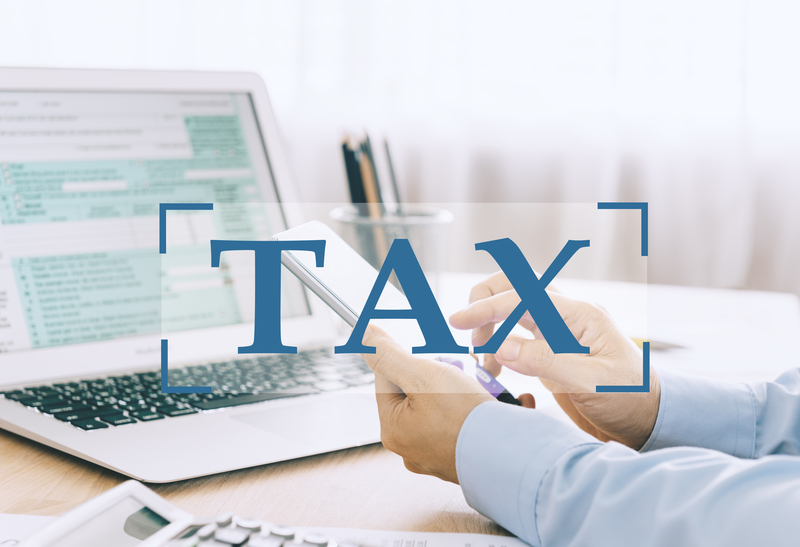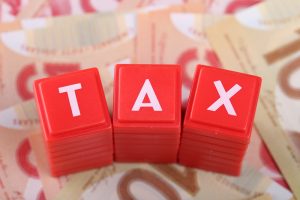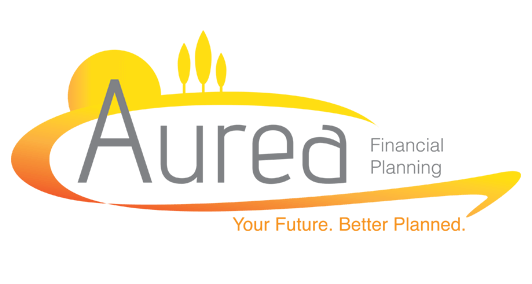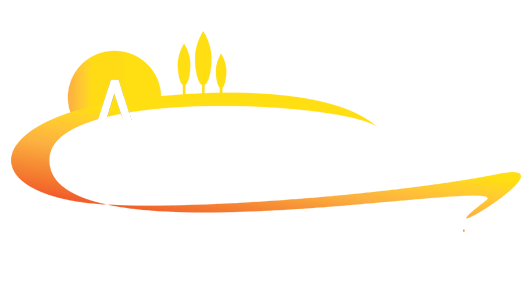
31 May How Much Tax Should I Be Paying?
Taxes are a necessary part of adult life. To be a citizen of a country, you need to pay taxes as a civic responsibility.
What is tax?
A tax is an obligatory payment or levy imposed by an individual or other legal entity by government organisations to aid in the funding of various public works and projects.
Taxes exist in various forms. One of the most well-known taxes is income tax, a tax imposed on taxpayers that depends on how much profits (taxable income) they earn from employment, pensions, interest on savings, income from rent, benefits from employment, etc. Other forms of taxes include social security contributions, payroll tax, wealth tax, property tax, value added tax, etc. Organisations like the HMRC can help with questions on taxes, like PAYE coding notices.
What do and don’t I have to pay tax on?
It can be difficult to understand what you need to pay tax on and what you don’t need to pay tax on. But not to worry, we’ve compiled a list of everything you need to know before paying your taxes.
- You DO pay tax on the money you earn from employment.
- You DO NOT pay tax on your first £1,000 of income from self-employment.
- When it comes to pensions, you DO pay tax.
- You DO pay tax on benefits you get from your employment.
- Luckily, you DO NOT pay tax on National Lottery wins or premium bonds.
- If you have a lodger staying in your home, you DO NOT have to pay tax on their rent.
- You DO have to pay tax on profits made if you’re self-employed.
If you would like to understand this topic a little more get in touch on 07133 345525 or visit the Government Website.
How much tax should I pay per year?
The amount of tax you pay will vary due to a few different factors.
- Age of the taxpayer
- Income type earned by the taxpayer: employment, pension, investment income, business income, etc.
Tax planning, analysing a financial situation, or plan from a tax perspective, is crucial here. The goal is to be tax efficient, i.e., reducing tax liability and increasing retirement plan contributions. Tax planning is a big part of financial planning.

The importance of paying my taxes
Taxes are required to pay the government, so they can perform their jobs. Taxes fund government public works and projects like roads, schools, parks, etc. Taxes can also be used to offset the price of goods and services to increase demand and pay off any debts incurred by the government.
What will happen if I don’t pay my taxes?
A failure to pay taxes, including evasion or resistance, will lead to financial and legal consequences. The government’s agency in charge of taxes, usually the HMRC (Her Majesty’s Revenue and Customs office), can impose fines on taxpayers if they fail to pay taxes or impose criminal charges for tax evasion. The penalties for tax evasion will include more fines and potential jail time.
Do I have to pay taxes if I earn minimum wage?
Taxpayers can earn a personal allowance on minimum wage before paying taxes. Income tax can also be withheld from wages based on an amount determined by the employer.
Taxes may be an inconvenient part of living, but they’re necessary. To help build your country and avoid the penalties that come with evasion, you need to pay your taxes. If you have any questions or queries, please get in touch on 07133 345525 or visit our contact page.


